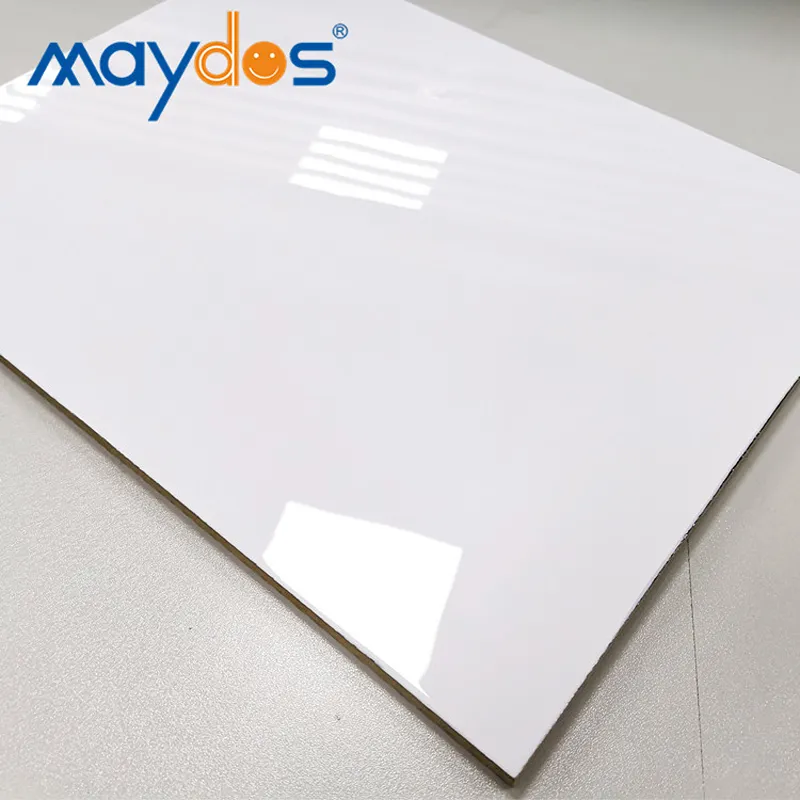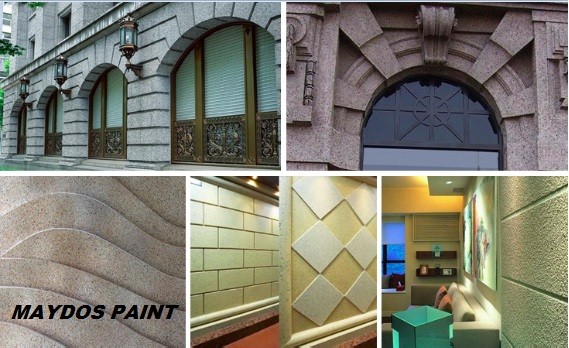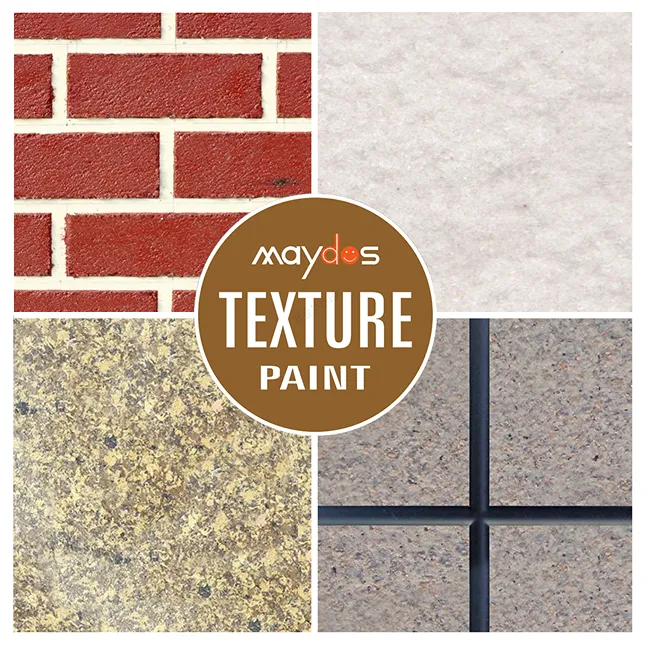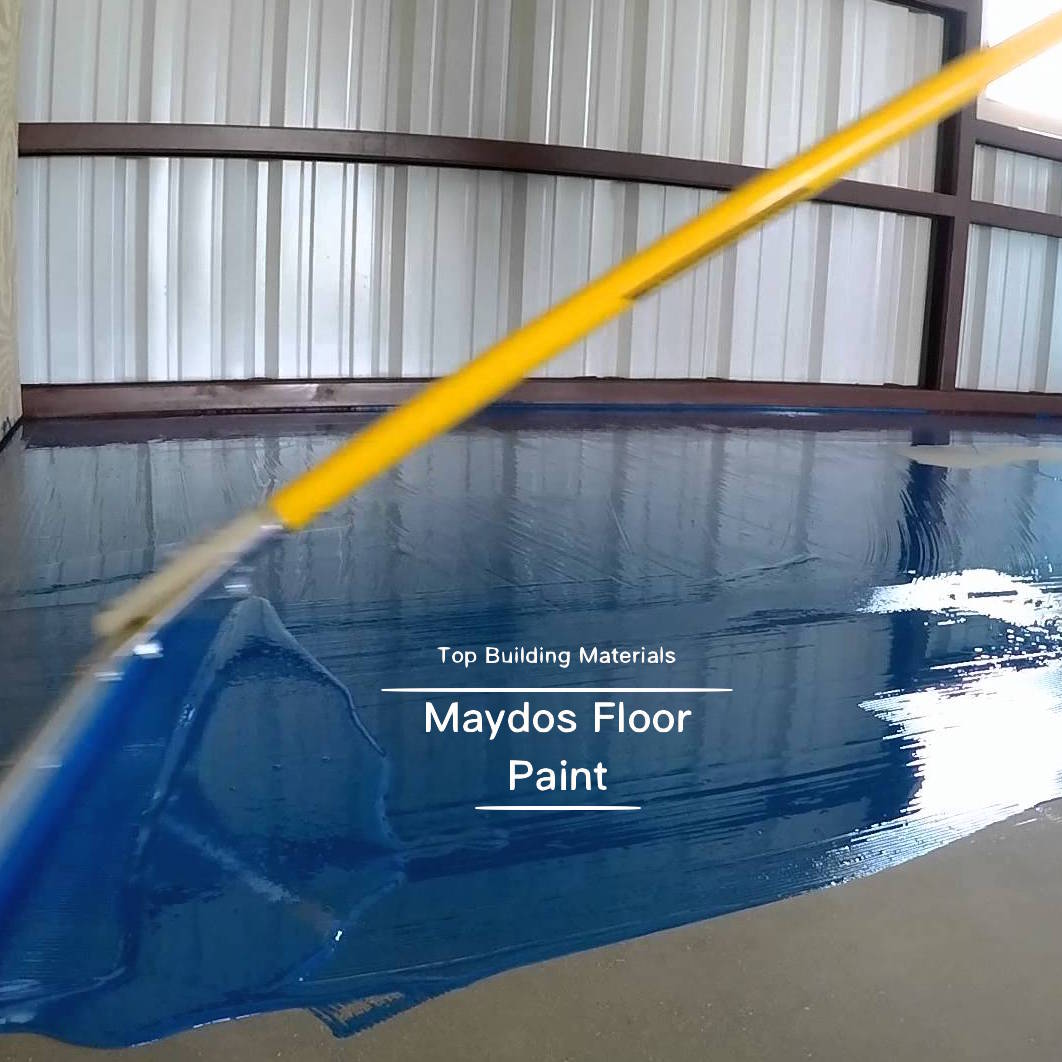Epoxy Floor Coatings
Epoxy floor coatings are extremely durable and create a showroom-quality effect that is gorgeous. They can withstand heavy traffic and even abrasion without losing their sheen.
They are also water-resistant and can withstand high temperatures. Plus, they can be made slip-resistant by adding aggregates to the epoxy. They are also USDA-approved.
Aesthetics
Aside from being durable, epoxy floor coatings are also visually appealing. They are available in a variety of designs and colors, and can be used to create a unique appearance for residential and commercial spaces. They can add a pop of color to a home garage or even serve as a modern alternative to traditional concrete flooring in a commercial space.
Epoxy is a synthetic flooring system that’s applied to an existing concrete surface, providing both protection and decoration. It’s an ideal solution for concrete floors that have become damaged or stained by spills, stains, or other factors, including heavy foot traffic and equipment usage. It can also be used to repair cracks and other damage. Unlike bare concrete, epoxy doesn’t chip easily and is resistant to abrasions, impact, and chemicals.
This is a popular choice for warehouses, manufacturing spaces, showrooms, and other commercial environments that require durability and visual appeal. Typical epoxy resin flooring is a gray or clear material, but it can be customized with different flake materials to suit the environment or property owner’s preferences. For example, a concrete epoxy coating with colored flake materials can create a look similar to terrazzo.
Another way to customize your epoxy flooring is by adding a metallic finish. These floors are often created using a process called “guilding,” which is used to imitate the appearance of copper, silver, aged bronze, and other metallic finishes. They are a great option for retail, office, and salon environments that want to add a contemporary feel to their space.
Besides increasing the safety of your garage or industrial space, epoxy floors are easier to clean than bare concrete flooring. They can be hosed down or pressure washed, and are usually easy to keep free of dirt and grime. They can also withstand spills, and are typically slip-resistant.
If you’re looking to improve your garage or industrial space, epoxy is the ideal choice for a long-lasting and attractive flooring option. With a wide variety of colors and styles, it’s easy to find the perfect match for any environment. Just be sure to hire a professional contractor to ensure a smooth, seamless, and long-lasting installation.
Durability
Compared to other flooring solutions, epoxy is one of the toughest and longest-lasting. Depending on the amount of floor traffic, it’s not uncommon for a residential epoxy coating to last 30 years or more. In a commercial or industrial setting, this durability makes it an ideal choice for flooring in manufacturing plants, warehouses and more.
The durability of epoxy flooring also extends to the concrete substrate beneath it. If the floor is properly prepped before applying the epoxy, the surface will be able to hold up well against heavy loads and high impact.
Even in the most heavily used commercial and industrial settings, an epoxy coating should last for many years if it is maintained properly. This means a daily sweep and periodic deeper cleanings when needed. The floor will also be able to resist most chemicals, oils and other substances that might normally damage other flooring surfaces.
Of course, it’s important to remember that even with proper care, epoxy floors can still be damaged by heavy or sharp objects. While scratches can be repaired, scuffs and other forms of deep abrasion are not as easily removed. If you notice that your epoxy floor is showing signs of wear and tear, it’s time to consider a replacement.
In addition to the abrasion resistance of epoxy floors, they are also slip-resistant. This can be achieved by adding silica sand to the final epoxy layer or by using an aluminum oxide additive. By creating a hard, non-slip texture, epoxy flooring can help prevent accidents and injuries in any workplace or home environment.
Another way that an epoxy floor is more durable than other kinds of flooring is by preventing UV rays from discoloring it over time. This can happen to carpets, vinyl and other types of flooring, but the protective barrier offered by an epoxy floor helps to keep it looking newer for longer. This is particularly useful in outdoor settings where exposure to sunlight can quickly fade other types of flooring. Epoxy floors are long-lasting and can help you to save money on replacement costs over the life of your building or factory.
Chemical Resistance
The chemical-resistant properties of epoxy floor coatings make them a good choice for environments that are often exposed to corrosive chemicals. When spills occur, they can be easily cleaned up with a mop and water. This prevents them from seeping into the underlying concrete and causing damage. This is particularly important in facilities that require sterile conditions, such as commercial medical and food facilities.
Epoxy floors are also highly durable and resist impact from vehicles and machinery. This helps to protect the underlying concrete from damage, and means that accidents won’t cause major disruptions to production processes. This is especially important in large spaces, where loading bays and forklift paths need to be clearly marked out.
Different resins offer different levels of chemical resistance, so it’s essential to choose the right one for your facility. For example, some can withstand a certain amount of acid but may disintegrate if exposed to hot oil. For this reason, it’s essential to conduct a full chemical and acid resistance test on any flooring before buying.
Epoxy floor coatings are also incredibly easy to maintain. They can be hosed down and pressure washed, so they’re suitable for areas that require frequent cleaning. This makes them ideal for warehouses, factories and industrial plants, where they can cut down on cleaning time and reduce costs.
In addition, epoxy floor coatings are resistant to high temperatures, meaning that they’re a good choice for areas where heavy equipment is often used. This is particularly important in places like factories and warehouses, where a constant flow of vehicles and equipment can create heat that could otherwise damage the flooring.
There are even antistatic epoxy floor systems available, which can be used in areas where there is a risk of static build-up on equipment and tools. These can be designed to safely transfer static charges, which can harm sensitive electronics and explosive contents, to defined earthing points. This means that these systems are a good choice for facilities that handle electronic equipment, such as medical and aerospace industries. They can also be used in clean rooms and specialised food processing facilities.
Slip Resistance
While epoxy floors are often used in garages and basements, they can also be found in offices, retail spaces, salons and other commercial or industrial environments. These floors are typically made of a high-grade, highly durable material that can stand up to significant foot traffic and still look great. The surface can be textured to create an anti-slip surface that reduces the risk of slip and fall accidents.
This textured surface is created by adding a non-slip additive to the floor coating. Depending on the environment and the desired aesthetic, this additive can be as subtle or as aggressive as needed to prevent slipping. Some environments like food processing plants, pulp and paper mills and other manufacturing facilities require an aggressive slip resistant flooring system to prevent a dangerous workplace accident.
The most common slip-resistant additive is ground polymer grit. This is applied to the floor coating and creates a fine texture that does not change the appearance of the floor but does add some resistance. This additive is commonly known as Shark Grip and it can be added to the floor coating to achieve a P2 rating, which is adequate for most environments.
Another option for slip resistance is a coarser additive such as aluminum oxide. This is more durable and offers more traction than ground polymer grit but can be difficult to clean. This type of additive is recommended for more aggressive environments where bare feet may be encountered, such as locker rooms.
For those who want a more decorative look, an epoxy floor coating can be tinted or flecked to match the decor of the room. This is accomplished by mixing in a variety of color chips or other materials that are suspended within the surface of the epoxy coating. These can be as subtle or as dramatic as you desire and they are available in a wide range of colors, sizes, and blending options.
Decorative epoxy coatings are a beautiful addition to any space and can be the perfect way to tie the room’s décor together. These floors can also be sanded down and re-coated to maintain their beauty indefinitely. Proper floor preparation is key to the longevity of an epoxy coating, and this is best done by a professional with specialist equipment.





















